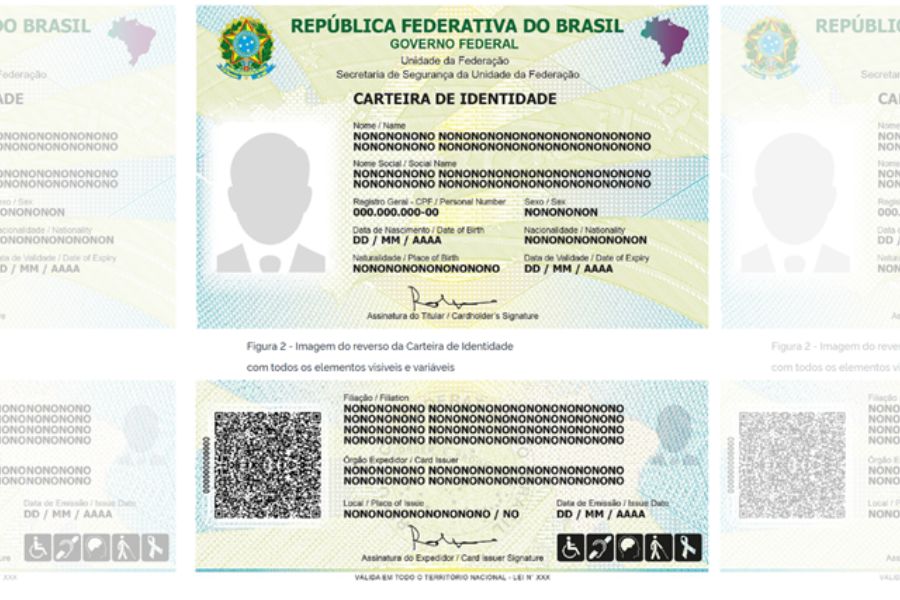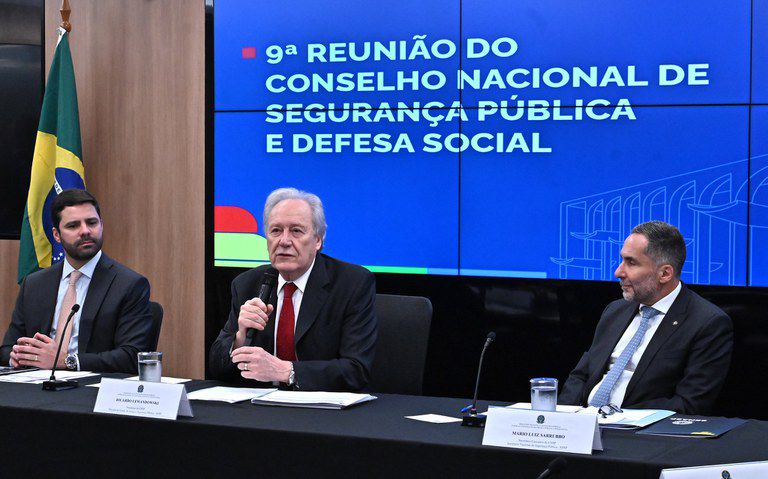National Identity Card Featured in the Program of the Digital Citizenship Congress

The National Identity Card (CIN) will be one of the main topics discussed at the Digital Citizenship Congress, which will take place from September 16 to 18 in Brasília.
10 Million National Identity Cards Issued: A Milestone in the Identification of Brazilians

The recent report released across various media channels highlighted a significant milestone in the history of civil identification in Brazil.
Frauds in INSS: Federal Police concludes that biometric verification could have prevented more than half of the cases

Biometric verification could have prevented more than half of the fraud cases in INSS benefits.
Only 2 Months Left for the Largest Digital Citizenship Congress in Brazil: InterID Supports the Event.

The 2024 Digital Citizenship Congress, a highly significant event for promoting and discussing advancements in citizenship and identification in Brazil, is approaching
Detran.RJ Launches Free Issuance of the New National Identity Card (CIN)

Detran.RJ has begun the free issuance of the new National Identity Card (CIN) for all ages, aiming to make fraud more difficult.
Federal Government launches National Digital Government Strategy in Piauí.

The Federal Government launched the National Digital Government Strategy this Friday (June 21) during the Federative Caravan in Piauí, in Teresina.
CNSP Meeting Discusses Revision of the PNSP and Integration of Technologies for Public Security

The event was highlighted by the revision of the National Public Security and Social Defense Plan and the main projects of the National Public Security Secretariat.
Federative Integration and Digital Inclusion Highlighted at the G20 Workshop

Secretary of Digital Government, Rogério Mascarenhas, detailed the government’s work to promote digital solutions, such as the new identity card.
InterID addresses the Issue of Missing Children: MJSP Report and the Importance of Identification

In 2022, 2,169 children went missing, with an average of six cases per day
The Importance of the National Identity Card (CIN) in the Inclusion of the Invisible

The recent series “Invisíveis,” aired by the Fantástico program on Rede Globo, highlights an alarming reality.

